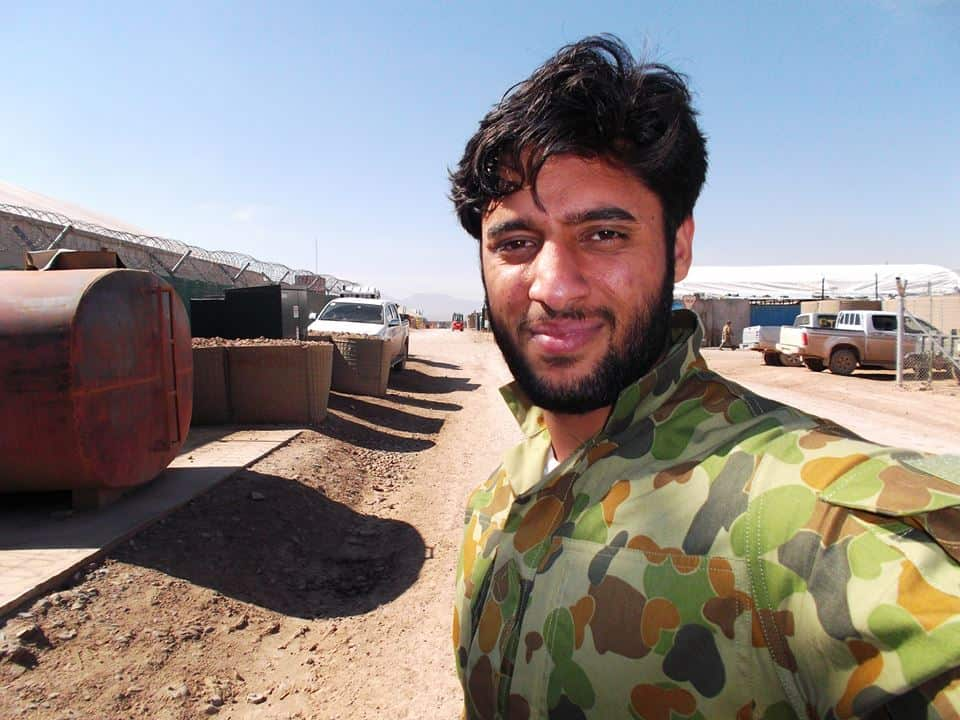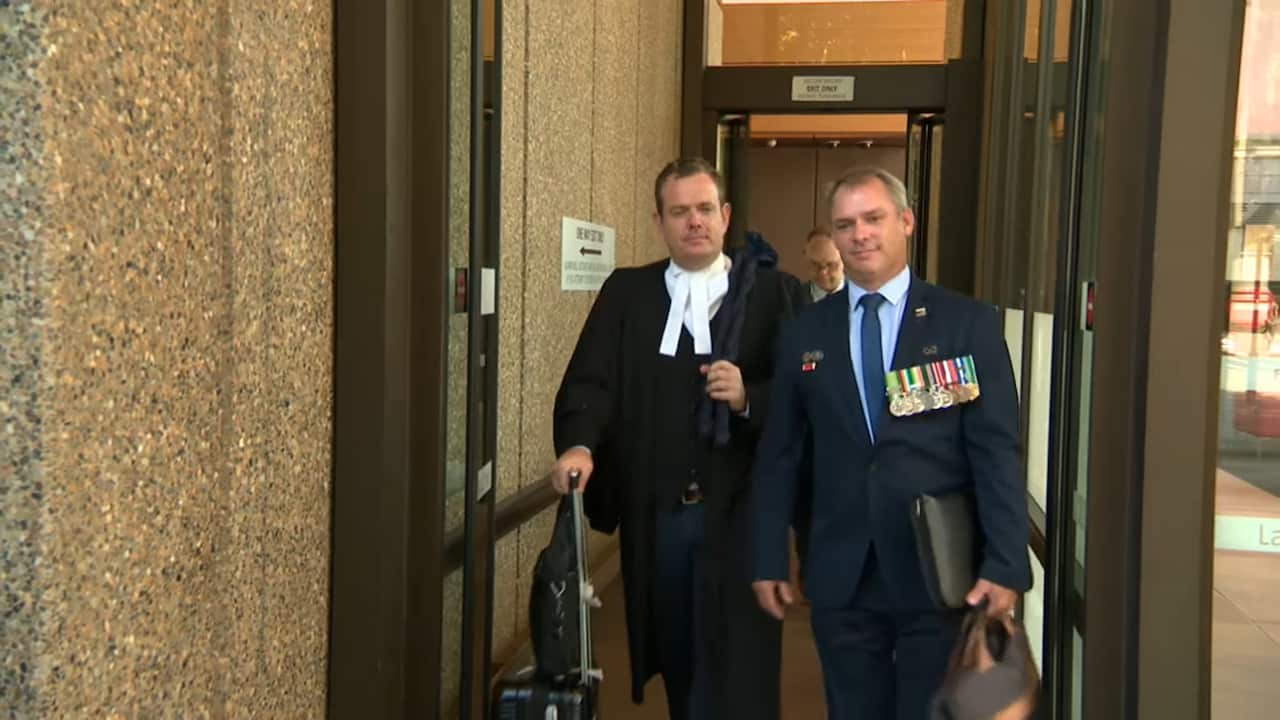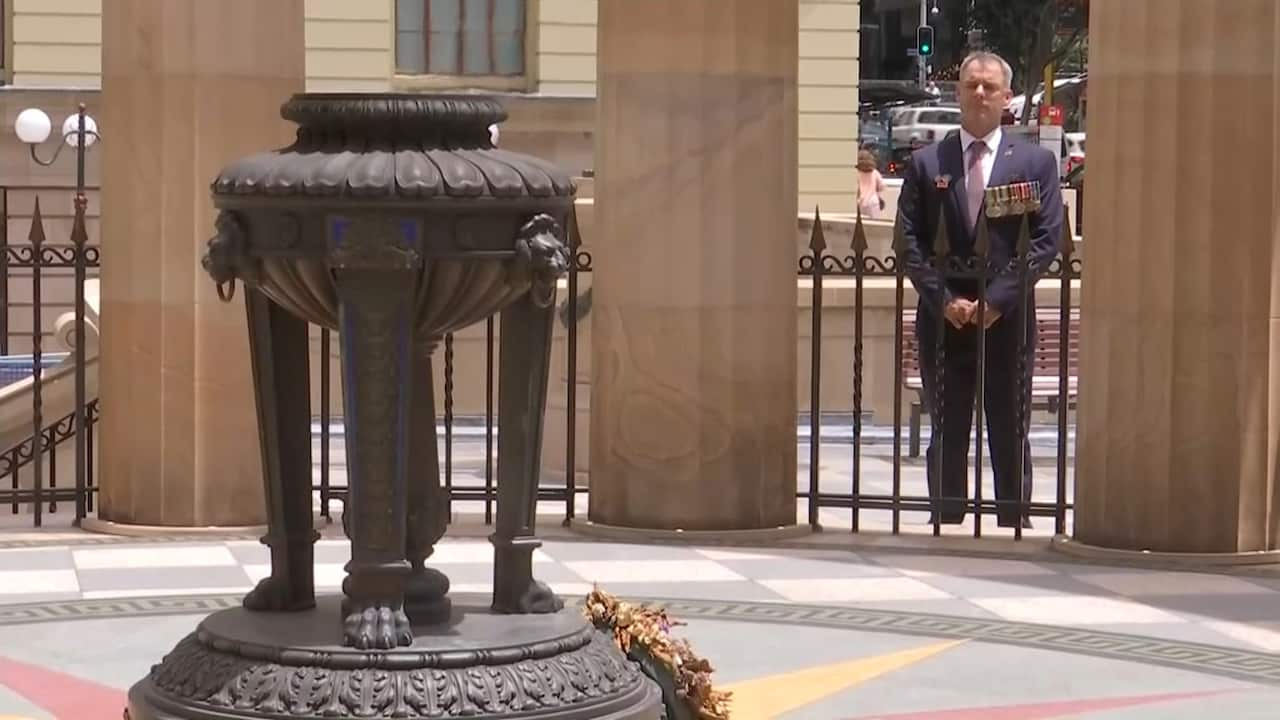For five years Liaqat Khan put his life on the line, serving alongside Australian troops in Afghanistan as an interpreter attached to coalition forces.
Now, he's fighting to have his colleagues who remain in Afghanistan resettled in Australia.
"The Taliban are after them. There are regular spies and intelligence that are looking for them . Shots were fired on them and some of them left their areas because of the threats of the Taliban," he told SBS News.

Mr Khan is now safe in Australia, having been granted a visa under a special humanitarian program - but said he fears for his former comrades.
Since 2012, more than 900 Afghans employed as part of Australia’s mission in Afghanistan, along with their families, have been resettled.
But Mr Khan said at least 10 of his colleagues were left behind.
"Some of the interpreters that were there, some of my best friends have been killed by the Taliban," he said.
Mr Khan has been working with retired Army Captain Jason Scanes to ensure the others don't suffer the same fate.
Captain Scanes' own interpreter had his visa denied because he failed the character test - probably, he says, because of the language barrier.

"My interpreter was asked had he committed any offences again coalition forces and his response was 'no not yet'," he said.
"And when they asked to clarify, he said 'no I don't do that, I work for coalition forces'."

The interpreter, known by the pseudonym Hassan, has lodged a case against the Department of Home Affairs, hoping to appeal the decision.
His case was heard at the Federal Court in Sydney on Tuesday.
Hassan's legal team believe one of the reasons he failed the character test was based on the assumption he had links with the Taliban.
His lawyers told the court their client "resists any notion he supports or has an association " with the insurgency and his work with Australian troops demonstrates his loyalty.
Christian Hearn, a lawyer for Hassan, said references from senior Australian Army officials were provided as part of the visa application, but argues they were not given enough weight in the decision.
"Certainly the references before the minister, spoke very, very highly of that applicant, and the people who provided those references were people who were on the ground working very closely with him," he told SBS News.
"So they are certainly things we say, should have been given significant weight."
Captain Scanes, who travelled to Sydney from Brisbane for the proceedings was among those who provided a reference.
"I'm there to back my mate and I will keep fighting and keep giving him and voice and also the other interpreters."
He all of the interpreters were subject to meticulous screenings before and during their work with the Australia Defence Force.
"Before the interpreters work with our forces overseas, they undergo rigorous background checks. They also undergo continuous checks whilst they're employed," he said.
In a statement, the Department of Home Affairs said it does "not comment on individual cases," but said "all visa applications undergo legislated health, character and national security checks before they are granted".
The judge said she will hand down the decision in due course.

